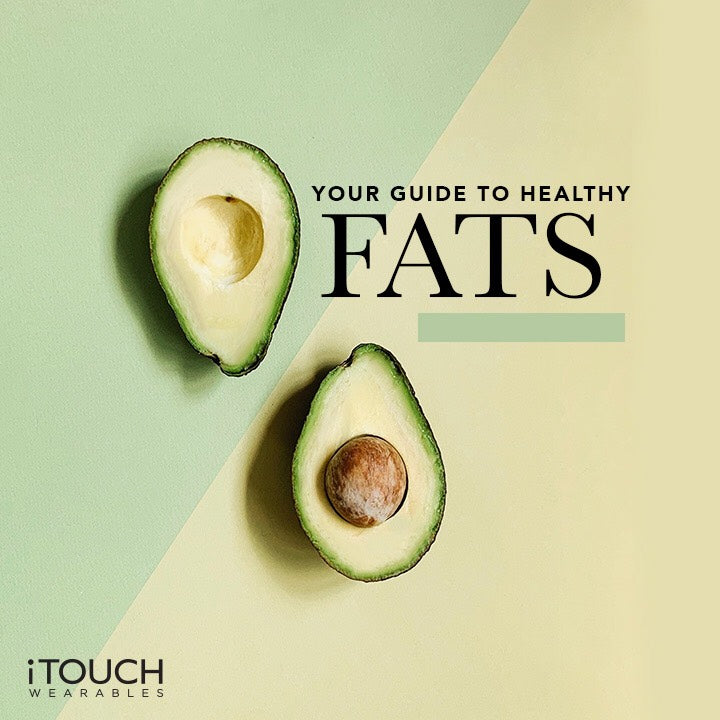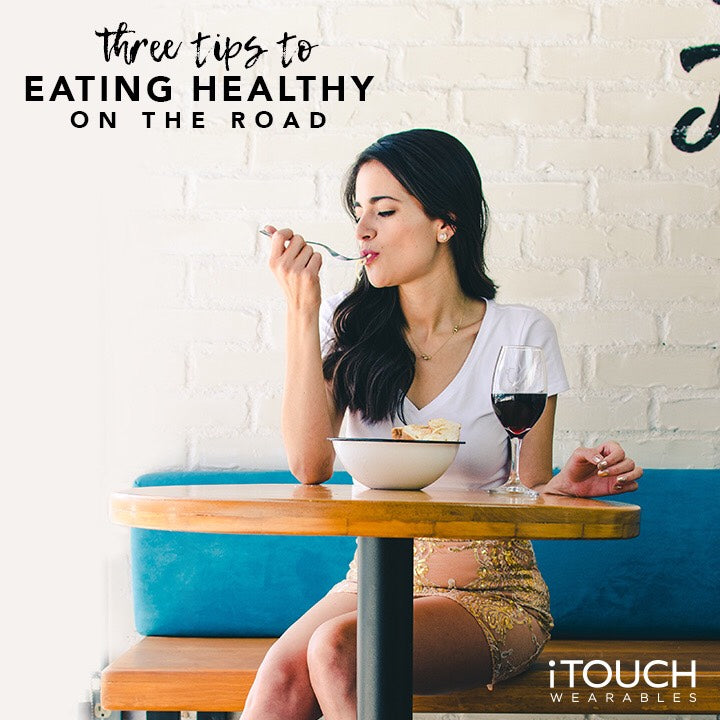
Your Guide To Healthy Fats
We all know that healthy fats are an essential part of a healthy diet. They can contribute to weight loss, help you absorb certain vitamins and antioxidants, and feel more satisfied. You only need 5 teaspoons a day though, so which ones should you choose? Here's your guide to healthy fats and the benefits of each!
Avocado Oil

Though a bit costly, the benefits of avocado oil are certainly worth it. Avocados contain heart-healthy monounsaturated fats, which deliver vitamin E and a cancer-fighting antioxidant called beta-sitosterol. It’s also been shown that avocado oil can help you absorb more of the carotenoids in fruits and veggies just by adding a drizzle to your food. You can use this every day, as you'll love the smooth and buttery taste!
Coconut Oil

Coconut oil tastes great and even has countless benefits outside of cooking. Nonetheless, if you do consume it, it's particularly good at increasing “good” HDL cholesterol, but only in moderation. This oil is filled with antioxidants and has a clean and mild flavor, so it can be used for a substitute with many meals while cooking. It's also great as a dairy-free alternative to butter for vegans!
Extra-Virgin Olive Oil

Or EVOO, is high in monounsaturated fats, vitamins E and K, and powerful antioxidants. Even when heated like when you're cooking, it retains its amazing benefits and doesn’t oxidize the way polyunsaturated oils do. Using EVOO can help you live longer, protect your heart, and possibly reduce your risk of cancer. Though a tad on the expensive side, it's worth the cost and a great essential for basically any type of cooking.
Nut & Seed Oils

Nuts and seeds are a mix of monounsaturated and polyunsaturated fats, with only a small amount of saturated fats. There are many out there, which entails their own benefits for each. Many have powerful antioxidants known for its cancer-fighting properties, while also being a great source of plant omega-3s, which is especially important for people who don’t eat oily fish. The most popular are chia, flaxseed, peanut, and sesame - to get to mixing your food creations!
Grass-Fed Butter
The dietary guidelines allow a small amount of saturated fat, so a small amount of this butter is unlikely to do any harm. Grass-fed butter actually provides vitamins A and E, unsaturated fat, omega-3s, and more beta-carotene. Keep it at room temperature to easily spread a thin layer across toast or your favorite treats!
Share your guide to healthy fats and which ones you use by tagging us on Instagram @itouchwearables and Facebook @itouchwearables. Also, be sure to check out our new articles published daily!
-Gina



